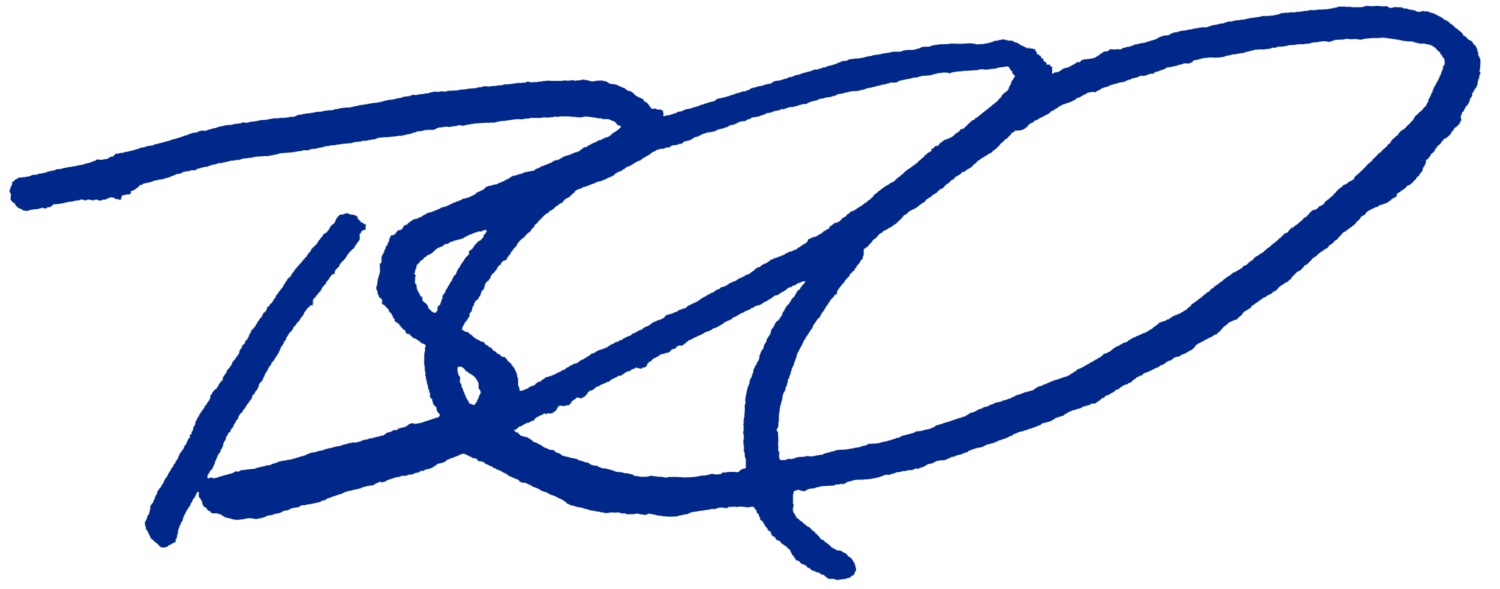Bored and Brilliant
“Saturdays, holidays, easy afternoons, lazy days, sunny days, nothing much to do.”
Our individual creativity is under attack from our hyper-connected, over-scheduled, over-stimulated way of life. Research shows that problem-solving and critical thinking require letting our minds wander where they may. Breakthrough ideas are not likely to result from thinking hard about a subject. Think about nothing and see what happens.
Planned downtime is not just for resting the body and recharging the spirit, it is also great for the brain. We need time to process inputs and make sense of the flood of data that comes our way. “Bored and brilliant” is the new mantra of the creative class.
I’ve got three simple pieces of advice for becoming a more innovative thinker.
The simplest and most powerful thing you can do to increase your creativity is to stop using your phone as an alarm clock. When the first thing we do each day is grab our phone, it creates an overwhelming urge to check and see what messages arrived overnight.
When we do this our brain starts unconsciously and unproductively working on the problems of the day. Even if you try to push those small thoughts out of the way, they creep back in. Unless you go to bed before 9 pm, or are heavily invested in Asian stock markets, it is unlikely that anything earth-shattering happened while you were asleep. Those Instagram pics of Australian models on the beach will still be there an hour later.
By keeping your phone out of the bedroom, you can give yourself thirty to sixty minutes each morning to reflect, daydream, and think deep thoughts. This way, you will not be involuntarily thinking about the minor problems of the day while you are in the shower or making coffee. Your brain will be free to wander without the distractions of email. An early morning walk without your phone is another great way to start a creative day.
My second piece of advice is to turn off all notifications on your phone, tablet and laptop. Why do we knowingly let other people interrupt and interfere with our cognitive processes? Consume inputs on your own terms. Do not let email devour day. Set aside specific blocks of time to disposition the items in your multiple inboxes.
Get a screen time tracker and set limits on the number of times a day you pick up your phone. The “You’ve got mail” notice may be the single biggest contributor to destroying your creative capabilities. Recapturing them is a more urgent matter than your friend’s less-than-insightful missive on the latest Game of Thrones episode. Most of your incoming messages are bullshit. Read them if you wish, but do it on your own terms.
Lastly, we should celebrate the deliberate act of doing nothing. We do not need to constantly be entertained. Make the snooze button your friend. There is nothing wrong with a relaxing morning spent lounging around actually savoring a cup of coffee. There will be plenty of time to catch up on your shows later in the day. Mindfulness is a sound practice that requires quiet contemplation of the task at hand. For a few hours each week you should make doing nothing a priority task and see what happens.
Technology and culture are driving us to be less creative in our day-to-day thinking. We may be extremely productive, but we are not terribly effective. Try these few simple tricks and see if they don’t change your way of thinking. Research suggests that you’ll be better off – and you are less likely to encounter a spoiler before you get around to watching that last episode of The Bachelor.





